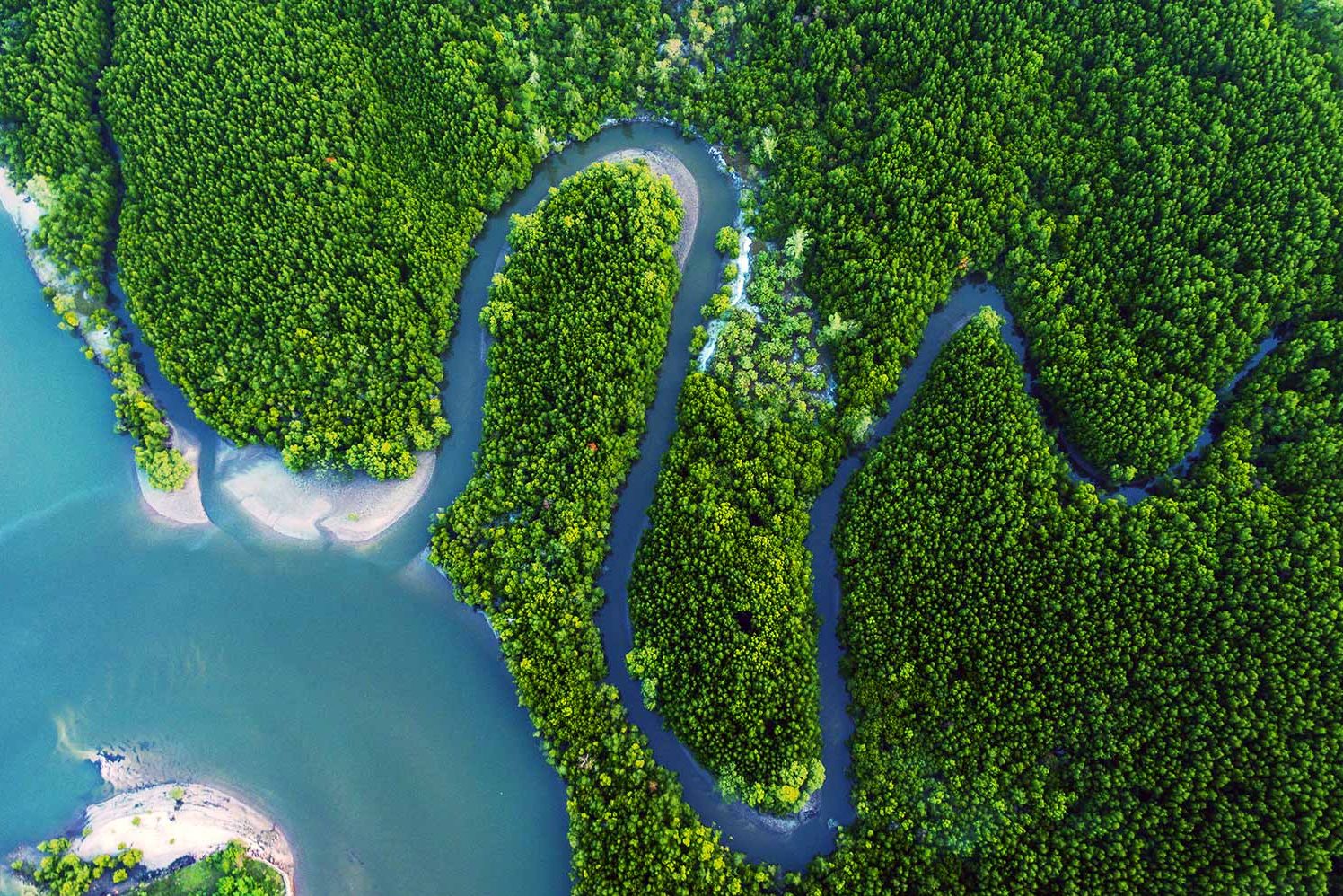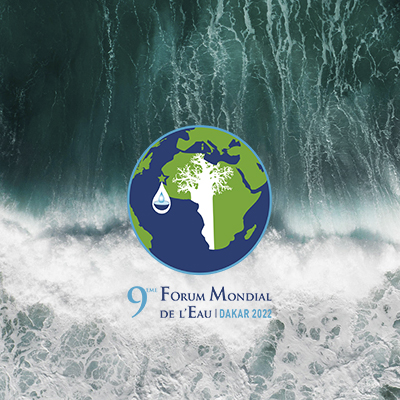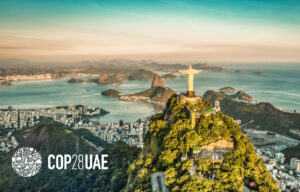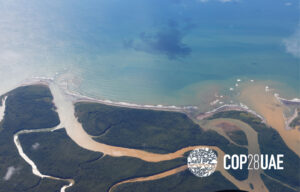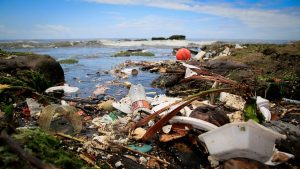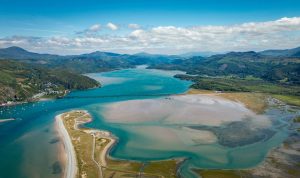With the call for coordinated governance resounding throughout the recent World Water Forum, it was a disappointment that the final declaration does not include a specific reference to source-to-sea management. Still, the declaration does point to some promising trends. Here is an analysis from SIWI’s Ruth Mathews, who attended the forum.
The World Water Forum is the world’s largest water event and this year it took place in Dakar in late March. For Ruth Mathews, Senior Manager of Water Resources at SIWI, the forum was an important opportunity to share experiences from the Action Platform on Source-to-Sea Management (S2S Platform), hosted by SIWI.
“The five sessions in which I participated were very well received. It is encouraging to see how many more people are starting to understand the importance of holistic, coordinated governance from source to sea as a way to tackle pollution, climate change, poverty, and other challenges,” Ruth Mathews says.
There was great hope from SIWI’s source-to-sea experts that the final declaration would follow up on this trend with a clear mention of the value of source-to-sea management, but this did not happen. However, sections of the text do show a growing understanding of the links between different sectors and the need for greater coherence in governance. This should be expanded to also include the linkages between land, freshwater coastal, and marine ecosystems.
Here are five noteworthy trends:
- The role of water governance features very prominently. The declaration does highlight the role of transparent, efficient, and inclusive water management (paragraph 19), as well as the importance of integrated water management for both nature and people (paragraph 20).
- The declaration calls for greater coherence between the policies of water and those for other areas. This is an indirect way of drawing attention to the problems that source-to-sea management seeks to solve. The source-to-sea approach brings together stakeholders from agriculture, rural development, health, and other sectors who have a great impact on water.
- The text makes it clear how we all depend on nature. Several paragraphs underline the crucial role of water and nature in building resilience and taking action on climate change. It calls for strengthened protection of freshwater ecosystems, including wetlands.
- The importance of transboundary cooperation is highlighted. It is very welcome that the declaration emphasizes how countries can foster peace through better cooperation over their shared waters.
- Lessons learned from the pandemic and growing conflicts. The declaration calls for stronger measures and more funding to ensure universal access to clean water and safe sanitation. It also emphasizes how water and sanitation systems should be protected during military conflict.
